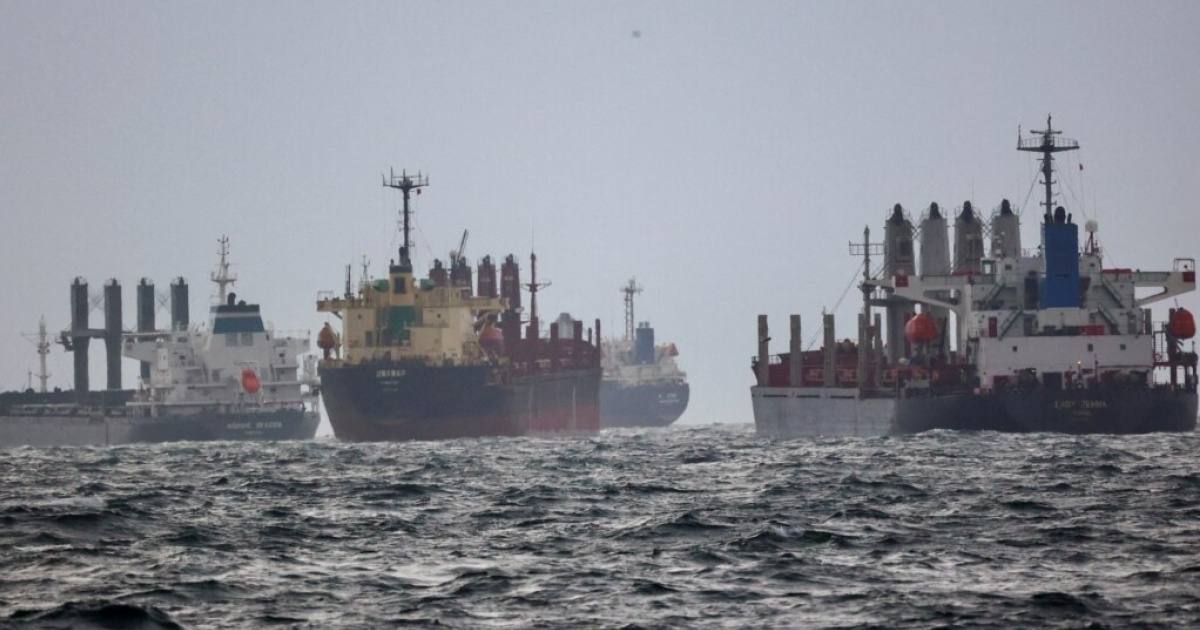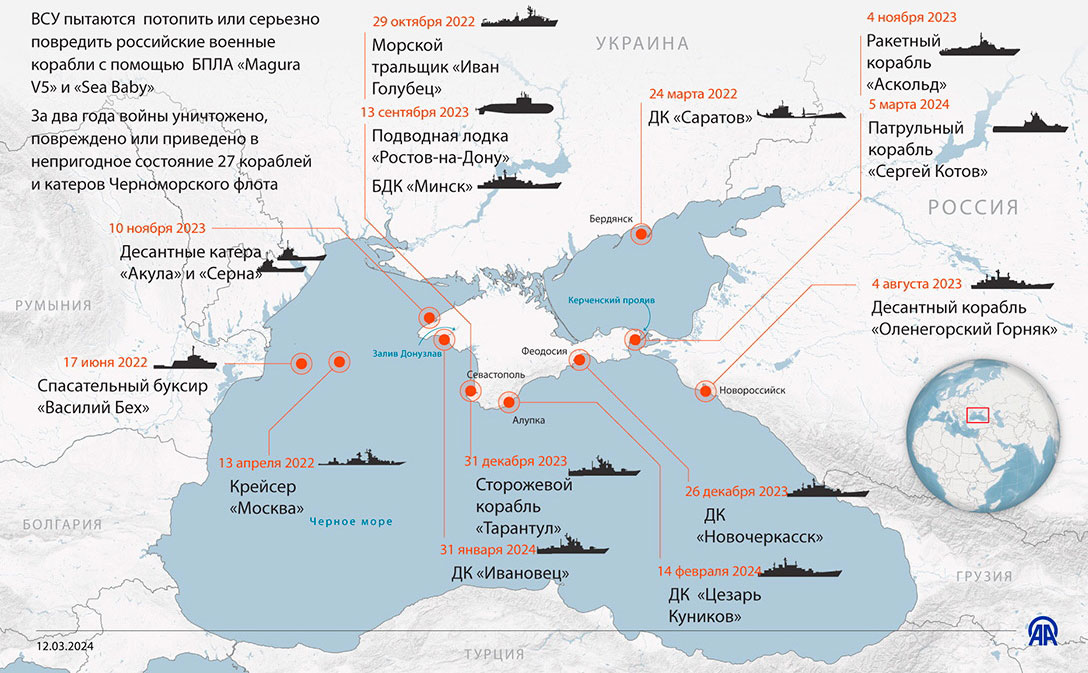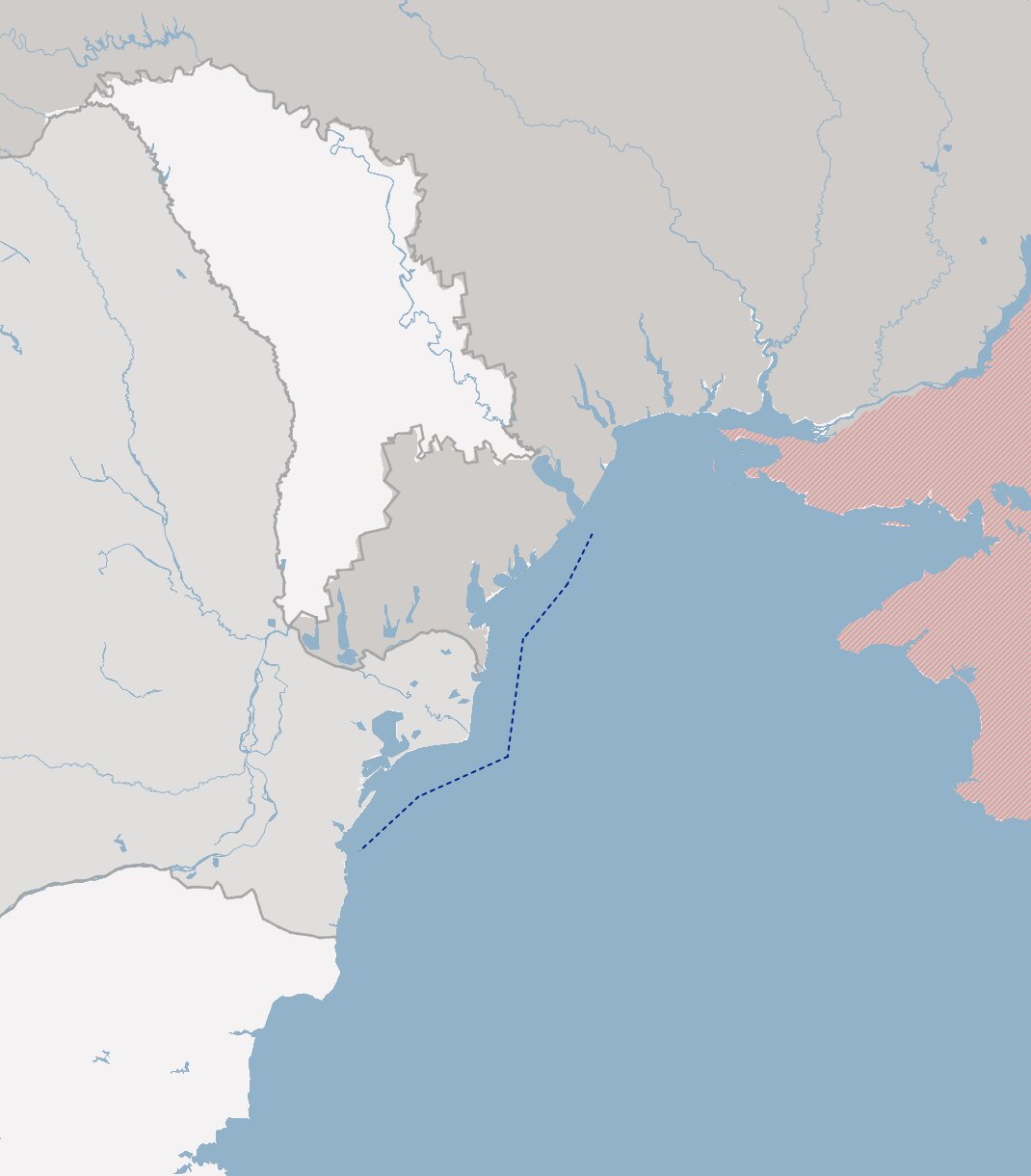Putin's "clever" move, or What lies behind Erdogan's grand gesture

The severe sanctions pressure on the russian economy is forcing the kremlin to resort to tricks in its dialogue with the West. To be honest, this diplomatic maneuver cannot be called subtle.
A beaten card
In mid-July, Turkish leader R. Erdogan suddenly announced that he was resuming his mediation efforts to reach a new "grain deal". According to him, this issue was discussed with the President of Ukraine during a personal meeting in Washington.
"I’ve started working on reviving the Black Sea Grain Initiative (BSGI - ed.)", - Erdogan said. From President Zelensky's comments, it seems he approached this idea with little enthusiasm.
"We are preparing to hold a conference in Turkey on food security and freedom of navigation as part of the implementation of the Peace Summit's decisions", - stated the Ukrainian head of state.
In other words, first of all, the official Kyiv is ready to discuss the revival of the BSGI only within the framework of broader agreements. The goal is to ensure that not only grain carriers but also other commercial vessels, such as bulk carriers with iron ore, can leave Ukrainian Black Sea ports without obstacles.
Secondly, the Ukrainian leadership sees the fulfillment of the Peace Summit’s decisions aimed at a complete cessation of the war in Ukraine as a prerequisite for this.
It’s obvious that the kremlin dictator has no intention of doing this, at least not for now. Therefore, Erdogan's new diplomatic efforts are doomed. Nevertheless, it is very strange why he suddenly remembered the "grain deal" a year after it was torn up by the russian side.
As is known, the blockade of Ukrainian ports by the russian Black Sea Fleet began in March 2022, almost immediately after the large-scale invasion. As a result, 84 commercial vessels were trapped, and 20 million tons of export grain were stuck in port terminals.
At that time, Turkey, along with the UN, played a crucial role in signing the BSGI agreements. Naturally, Erdogan was not only combating the threat of famine in poor African countries for which this grain was destined.
In addition to humanitarian considerations, there was also a "self-serving" interest. All Black Sea shipping is tied to the Turkish Bosporus Strait, through which commercial vessels pay a fee. Thus, Ankara also faced significant losses due to piracy by the russian Black Sea Fleet.
At that time, diplomatic efforts were successful: on July 22, representatives from russia, Ukraine, Turkey, and the UN in Istanbul signed agreements under which the russian military committed to allowing grain carriers to enter and exit Ukrainian ports.
However, it reserved the right to inspect all vessels without exception in neutral waters of the Black Sea. Using this mechanism, the russians began sabotaging the BSGI from September 2022: vessel inspections were delayed under various pretexts.
As a result, by the end of October, a traffic jam of 176 vessels with 2.1 million tons of grain awaited russian inspection. Nevertheless, during the agreement's term, 33 million tons of agricultural products were exported.
The kremlin officially exited the BSGI on July 17, 2023, citing non-fulfillment of its ultimatums. Among these were the resumption of ammonia transit through Ukraine via the "Tolyatti-Odesa" pipeline and the lifting of sanctions on "Rosselkhozbank", as well as on russian producers of fertilizers and agricultural machinery.
What happened next is also well known. Ukrainian forces effectively neutralized the russian Black Sea Fleet as a combat unit. Some ships were sunk along with the flagship, the missile cruiser "Moskva", while others sustained severe damage and were out of commission for a long time.

Initially, this was done using "ground-to-ground" missiles and aerial drones. But the russians were able to partially intercept these with their air defenses.
However, when Ukrainian maritime drones like Sea Baby and Magura were deployed, it became clear to russian admirals and generals that it was time to "put away the oars", as they found no effective countermeasures against such "tools".
The remnants of the russian Black Sea Fleet found themselves trapped in the bases of Sevastopol and Novorossiysk. As a result, they lost the ability to engage in piracy on shipping lanes in the Black Sea.
The first vessel to use the alternative "corridor" created by the Ukrainian Navy was the container ship Joseph Schulte, flagged in Hong Kong. It departed from the port of Odesa on August 16, 2023, and safely made its way to the Bosporus.
Shipping volumes gradually increased, and from April of this year, the new "corridor" operated around the clock. From August 2023 to February 2024, it exported 20 million tons of cargo, including 14.3 million tons of agricultural products.
By May of this year, Economy Minister Yuliia Svyrydenko announced that Ukrainian export figures had returned to pre-war levels, thanks to the reopening of shipments from Black Sea ports.
Currently, the alternative route looks like this.

Moreover, cargo shippers have noted in media comments that this logistics option through the Romanian port of Constanta is even cheaper than the previous direct routes from Odesa to the Bosporus, due to lower freight rates.
All this clearly explains why R. Erdogan's mediation mission is a beaten card and no longer needed by official Kyiv.
Furthermore, in early July, the Commander of the Ukrainian Navy, A. Neizhpapa, announced plans to expand the alternative corridor to the ports of Kherson and Mykolaiv. According to him, this will be possible as soon as Ukraine receives the promised F-16 fighters from Western allies.
"F-16s with the appropriate armament will be able to push back russian military aircraft. The northwest part of the Black Sea, including the corridor for civilian vessels, will be almost 100% protected", - the admiral explained.
Interestingly, his statement almost coincided with R. Erdogan's announcement of renewed mediation efforts regarding the BSGI. This coincidence is clearly not accidental. Putin, through his Turkish ally, seems to be trying to stay one step ahead.
Sanctions tighten
It’s clear that the initiative to return to the Grain Deal comes from the kremlin: since it’s not coming from Kyiv or the UN, there isn’t really anyone else interested. Official Washington and Brussels have not raised this issue either.
In fact, russia remains the only party interested in renewing the "grain deal". First, it would allow russia to partially regain lost control over Ukrainian export shipping. At least, that’s what the kremlin hopes.
Second, they want to get some "perks" from the West in exchange for returning to the deal, such as easing sanctions. Recall that during the negotiations on the "grain deal" in Istanbul, the russians managed to secure some concessions.
At that time, the EU and the US lifted the ban on transactions involving russian grain and fertilizers (including transportation and insurance services). Major russian agribusinesses and chemical companies gained the opportunity to export their products, and their buyers were no longer threatened by sanctions.
It’s apparent that the kremlin dictator and his inner circle are now trying to repeat this maneuver. First, they need to address the impending total loss of influence over maritime trade in the Black Sea after the arrival of F-16s with the Ukrainian Armed Forces.
Second, the sanctions continue to tighten around the russian economy. Previously, OstroV noted that under the G7 restrictions, India has become the main buyer of russian oil. The Indians are eager to buy it, but only because the russians offer it at a significantly lower price.
Why cheaper? Due to the "toxic" nature of the sanctions. To simplify, it’s like buying a stolen phone at a pawn shop. Of course, it costs much less there than a new, legal one from a branded store.
Indian media, citing customs statistics, reported that in the 2023-2024 financial year (which ended on March 31 this year), local refiners saved $25.1 billion on purchases of russian crude oil. This is the price for the "toxic" nature of the sanctions on the goods. It’s a significant amount, even for russia.
With declining export revenues, the kremlin has to "find internal reserves" to finance the war against Ukraine. In other words, it’s tapping into the resources of its citizens, both individuals and businesses.
In mid-July, putin signed a law introducing the largest tax increase in the country since 2001. Under this law, the corporate tax rate will rise from 20% to 25% starting January 1, 2025, and for individuals, the fixed 13% income tax rate will be replaced with a "floating" rate of 13-25%.
It’s no surprise that citizens view these changes with little enthusiasm, especially given the inflation driven by their "leader’s" military adventure. One indicator of falling living standards could be the affordability of passenger cars.
Last month, the Association of "russian Auto Dealers" calculated that with the average car price and average salary in russia, an average citizen would need 41 months of salary to purchase a car. This is assuming the person spends nothing at all—on food, utilities, transportation, etc.—and saves the entire amount. In 2014, at the beginning of the Crimea occupation and part of Donbas, it took 30 months’ salary.
In other words, russians' purchasing power has decreased by a third over the course of putin’s anti-Ukrainian adventure. And now they are facing significant tax increases.
For the kremlin, this means nothing but growing protest sentiments. That’s why it’s so crucial for it to ease sanctions, even if just a little. For example, through a trick with the "Black Sea grain initiative". But will this trick work? Probably not.
By Vitaliy Krymov, OstroV
